The Natural Cost of War: The Environmental Impacts of the War in Ukraine
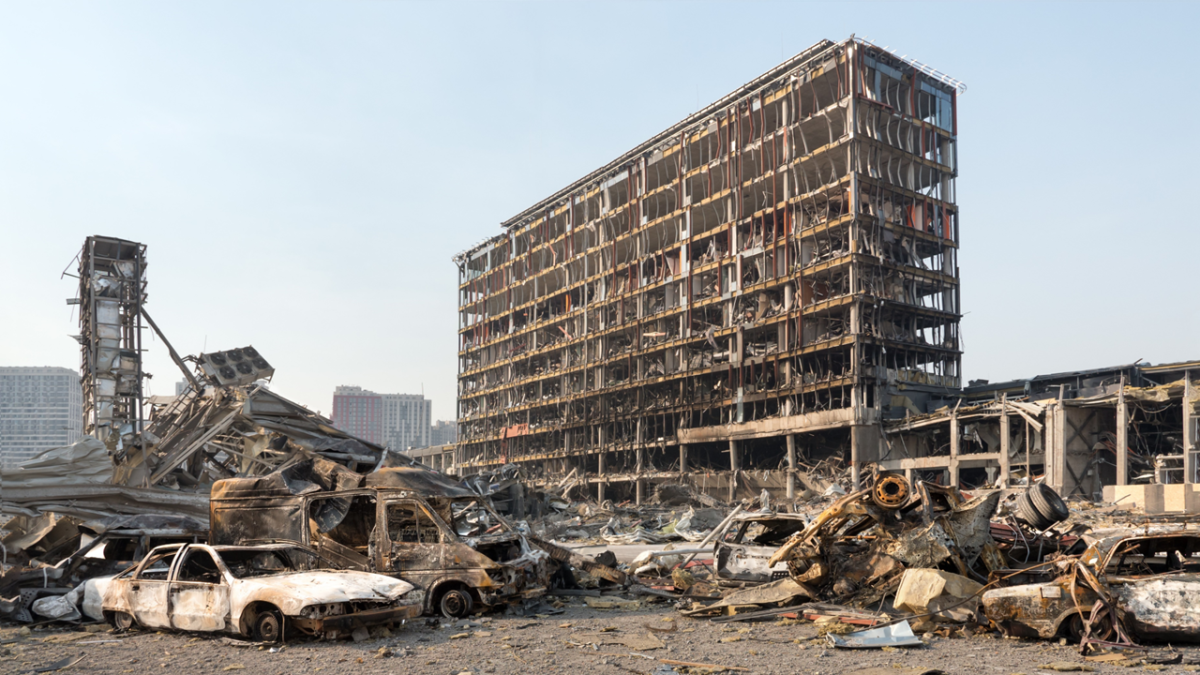
The environmental consequences of the war in Ukraine are profound and far-reaching. Damage to soils and agricultural land, the poisoning of waterways, the destruction of habitat, slowing progress toward achieving climate goals, and the ongoing risk of nuclear disaster at the Zaporizhzhia nuclear power plant, are just some of the grave environmental risks caused by the war so far. And, if not addressed, these are issues that will continue to be felt across the globe for many years to come.
This webinar highlights the hidden environmental dimensions of the war, and their implications for Ukraine, Europe and world affairs. Our expert panel, many of whom are members of the Ukraine War Environmental Consequences Work Group (UWEC) will share their research and suggest ways forward, including mitigating grave environmental risks and rehabilitating Ukraine's damaged landscapes.

Professor Anthony Burke
Professor, UNSW CanberraAnthony Burke is a Professor of Environmental Politics and International Relations at the University of New South Wales (UNSW), Canberra, Australia. He is an interdisciplinary scholar working across international law and international relations, philosophy, political theory, science and technology studies, and the environmental humanities. He is a graduate of the University of Technology, Sydney and the Australian National University. Prior to joining academia Anthony was a human rights activist on Southeast Asia and the South Pacific (especially East Timor), and Principal Research Officer for the Australian Senate’s environment, arts and communications committee, where he led the drafting of reports on the Jabiluka uranium mine and Australia's response to climate change.
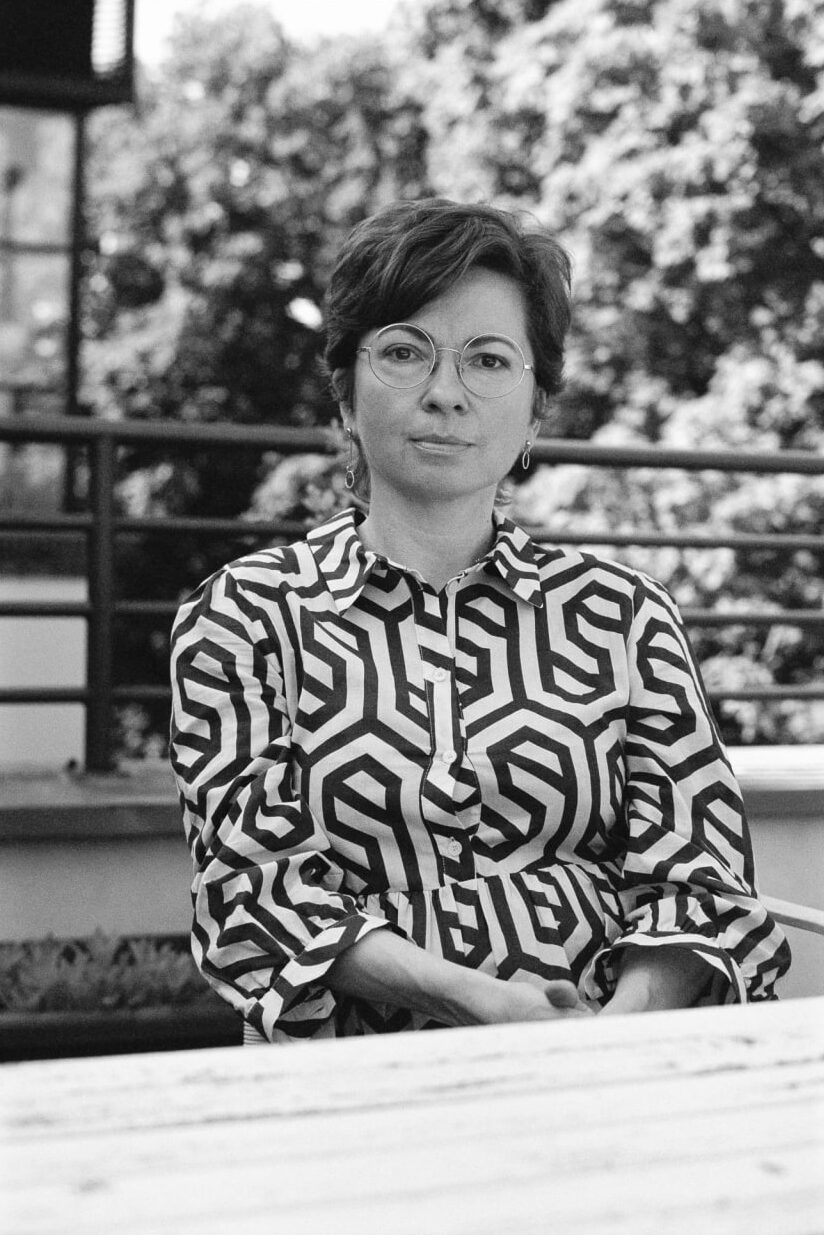
Angelina Davydova
Environmental and climate journalistAngelina Davydova is an environmental and climate journalist, writing for international media, NGOs and think-tanks. She is also a co-host of the English-language podcast The Eurasian Climate Brief. Angelina is currently a fellow of the journalistic program Media in Cooperation and Transition (MICT) in Berlin. She is also a climate journalism coordinator with n-ost, a Berlin-based network for cross-border journalism. She has been an observer with the UN climate negotiations (UNFCCC) since 2008. She is a member of the World Future Council since October 2020. Angelina also gives guest lectures and seminars at a number of universities in Russia, Germany and the US and organizes trainings on environmental and climate journalism and communication for media and NGO professionals. As the Russian invasion of Ukraine started, Angelina, together with Ukrainian, Belarussian, Russian and US colleagues launched information think-tank Ukraine War Environmental Consequences Work Group (UWEC) to analyse and draw attention to environmental consequences of war.
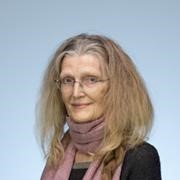
Freya Mathews
Adjunct Professor, Latrobe UniversityFreya Mathews is Adjunct Professor of Environmental Philosophy at Latrobe University. She is the author of over seventy articles in the area of ecological philosophy. Her current special interests are in ecological civilization; indigenous (Australian and Chinese) perspectives on “sustainability” and how these perspectives may be adapted to the context of contemporary global society; panpsychism and the critique of the metaphysics of modernity; and wildlife ethics in the context of the Anthropocene. In addition to her research activities she manages a private biodiversity reserve in northern Victoria. She is a fellow of the Australian Academy of the Humanities.
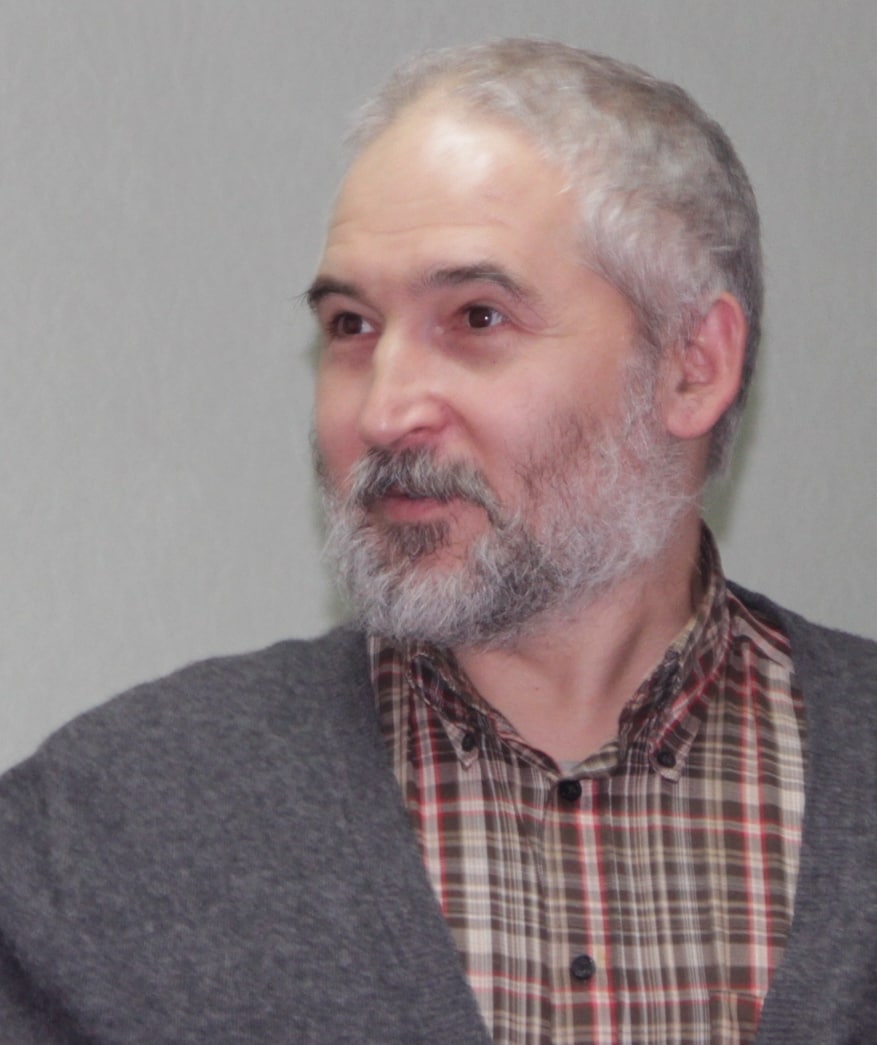
Eugene Simonov
Environmental activist, journalist and researcherEugene is an environmental activist, journalist and researcher, focusing on freshwater ecosystem conservation, impacts of globalization on environment and empowering civil society to protect nature across borders. For 35 years he has participated in global environmental movement, while living in Russia, USA, China, Mongolia, Israel and now resides in Australia, pursuing PhD research at University of New South Wales. He holds Master’s degree in Environmental Studies from Yale School of Environment (US) and Professional Doctorate in Nature Conservation from Northeast Forestry University (PRC). For conservation achievements he was awarded Whitley Award (UK) in 2013 and Misha Jones Award (Russia-USA) in 2015. For his efforts to protect Lake Baikal and boreal rivers in 2014 Eugene was banned from returning to Mongolia and in 2021 inсscribed on the List of Foreign Agents by the Government of Russia. Since May 2022 Eugene has served as expert on the UWEC Work Group.
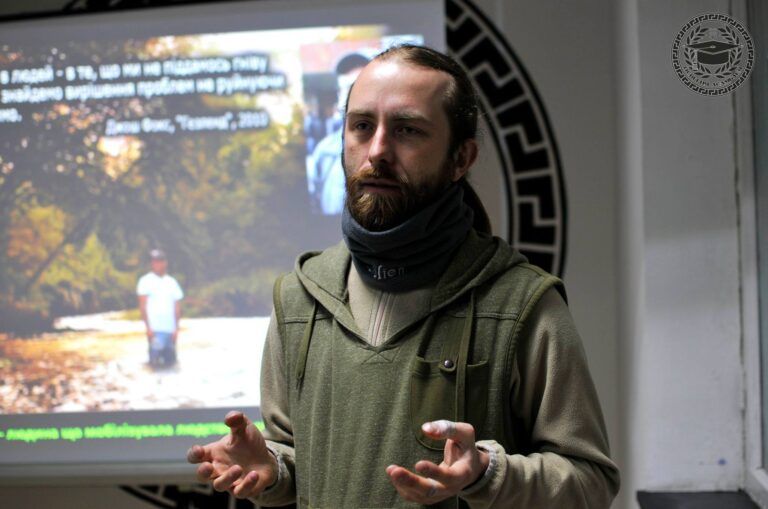
Oleksii Vasyliuk
Ukrainian environmentalistOleksii Vasyliuk is a Ukrainian environmentalist specialising in protected areas and biodiversity conservation. He graduated from Taras Shevchenko University of Kyiv with a zoology degree. Since 2004, Oleksii has served in the Animal Monitoring and Conservation program at the Institute of Zoology (Ukrainian National Academy of Sciences). He participates actively in the work of several professional community organizations, including past cooperation with the Friends of Nature society at Kyiv University, Ukraine National Environmental Center, and Environment-People-Law. Since 2014, Oleksii has led Ukrainian Nature Conservation Group, a biologist experts organization. He is the author of more than 700 publications related to environmental conservation, largely in popular science. He has also co-authored 20 articles and four books about the environmental impacts of Russia’s invasion of eastern Ukraine and annexation of the Crimean Peninsula in 2014. He has initiated the creation of more than 60 new protected areas in Ukraine. Oleksii is an assistant to deputies of the Supreme Council of Ukraine, defending interests of nature protection. His interests include biodiversity monitoring, protected areas, and the history of environmental conservation. Since May 2022 Oleksii has served as the lead expert on the UWEC Work Group.



